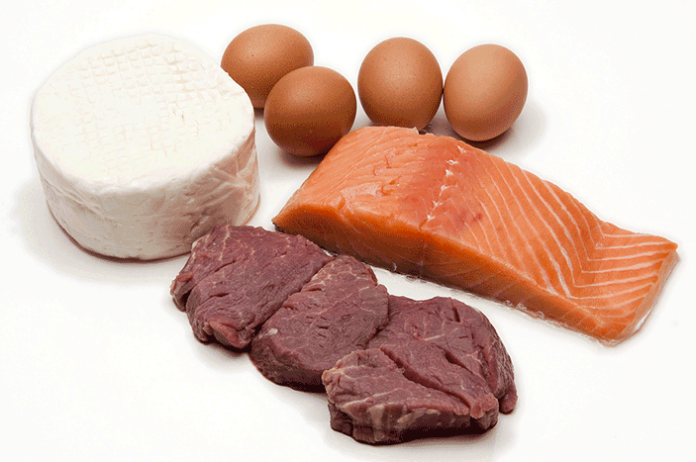
An old way of thinking is that consuming extra protein along with energy sufficiency and carbs leads to your body storing fat at increased rates. But, that’s just not the case, according to Andrew Demetre, Charleston’s fitness expert.
It’s hard to blame people for thinking this way, though, since so many popular nutrition books — and even many nutritionists — will tell you it’s the truth. While protein certainly will add calories to your diet, it doesn’t result in you packing on the pounds in the wrong ways.
Here’s why.
Protein Protects Against Fat
It’s been common knowledge for a while that dietary protein seems to protect against bodies gaining fat when one overeats. The mystery was how protective protein really is at doing so.
Researchers led by George Bray in 2012 conducted studies that found that a group of people who consumed a high amount of protein as part of a diet consisting of roughly 1,000 extra calories for eight weeks in a row did add fat.
However, compared to a medium-protein group and a low-protein group in that same study, the group that consumed higher levels of protein not only gained slightly less fat but also gained roughly 6.6 pounds of lean mass.
What’s most impressive about this study is the fact that the participants in the study didn’t exercise during the period of the study. So, in other words, they gained that lean mass just by eating the extra protein.
It’s Harder for the Body to Turn Protein into Fat
Just like dietary fat and dietary carbohydrate, the body can turn dietary protein into body fat. However, it’s much easier for the body to do this with fat and carbohydrates than it is with protein.
The liver is in charge of this process, but it also takes many steps in hormones and biochemical reactions for it to occur. In the meantime, the liver is working hard to disperse the amino acids where the body needs them, whether it be for anabolism, tissue synthesis, tissue breakdown, or anything else.
This means that dietary protein is more often used for “positive” body functions, compared to dietary carbohydrates and dietary fat, which in a way results in this protein serving in a protective way against the body gaining fat — even when it’s consuming more calories than it needs.
What This All Means
Andrew Demetre puts this information into layman’s terms for different groups of people. People who aren’t weight-training experts might want to aim to consume 50% more than the daily recommended value as a way to build lean body mass and fight against fat.
People who train regularly but have trouble building muscle can increase their protein intake even more than that. It shouldn’t be a concern that doing so might result in all those extra calories turning into fat.
If you’re looking to add a significant amount of protein to your diet, you will probably find it challenging to do it through just sources of whole foods. As a result, it will be important to work a solid protein powder into your daily diet in some form.
About Andrew Demetre
Andrew Demetre is a Charleston-based health coach and strength trainer. These days, Demetre uses his expertise to train clients from home, whether in the greater Charleston area or worldwide. Andrew firmly believes every client can achieve their ideal body through hard work and dedication — no gym membership is needed.











